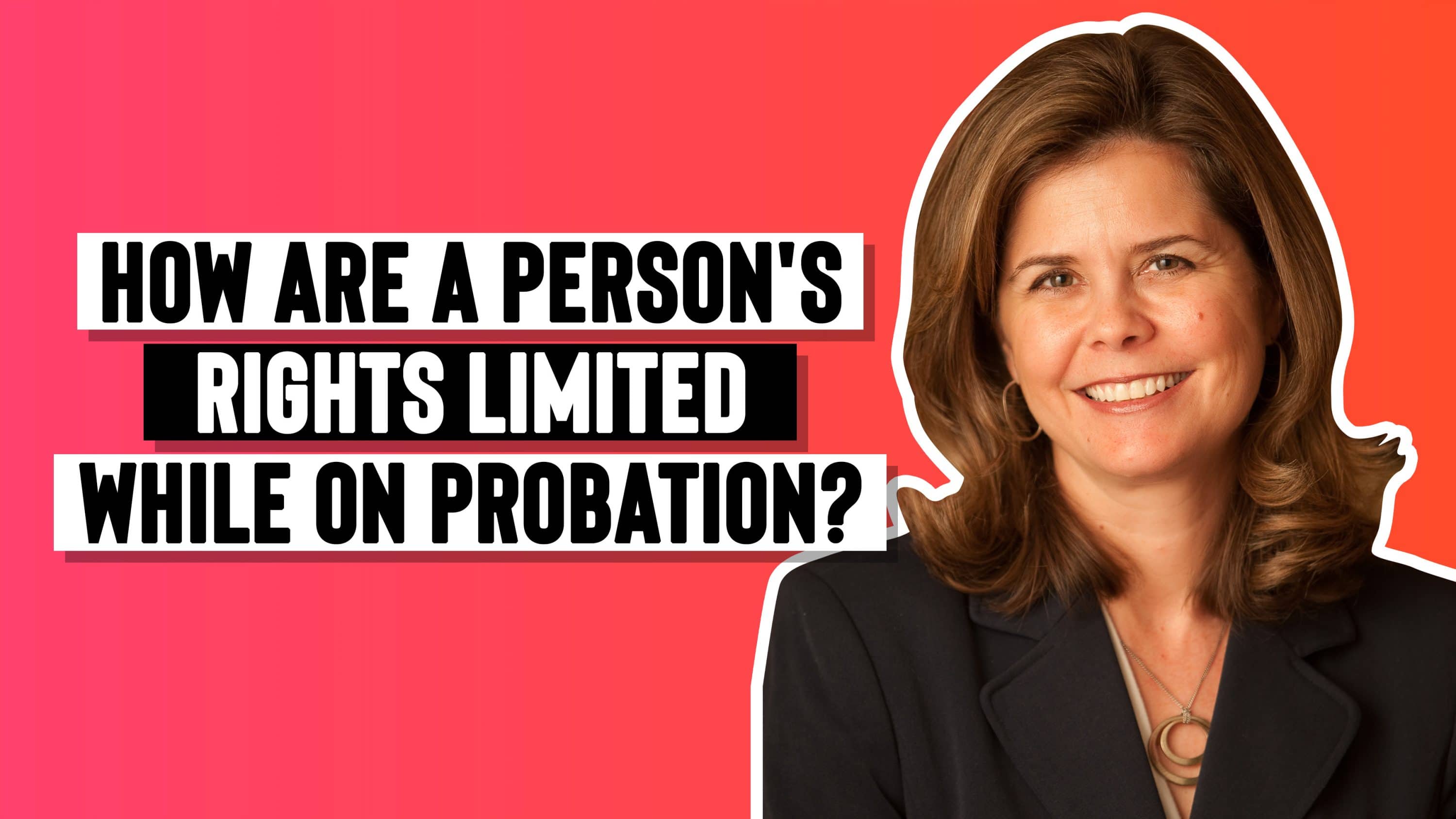
How Are A Person’s Rights Limited While On Probation?
A person who is on probation for a felony is given the benefit of being able to reinstate themselves with their community. They can live outside of prison, look for employment, meet family and friends, and experience the freedom that unincarcerated people have. While probation is a step towards normalcy after being convicted of a felony, it does not come without limitations.
When a person is placed on probation and is assigned a probation officer, some of their rights may be limited. The restrictions that are placed upon them will depend on the type of probation they are in.
General Limitations in Felony Probation
A person on felony probation will have restrictions on:
- Who they associate themselves with – They cannot associate themselves with other probationers or those who have a felony conviction
- Possession of weapons – During the probation period, they cannot possess any type of weapon.
- Privacy – A person on probation can be searched by their probation officer at any time, even without probable cause.
These are the basic restrictions and limitations on a probationer’s rights if they are under felony probation.
Limitations for Specific Types of Probation
A person under a specific type of probation may have further restrictions. For example, someone convicted of a sex offense may not be allowed to use a computer or access the Internet. In probation for other white-collar crimes, the probationer may have to get permission from their probation officers to get a loan or be required to surrender their paychecks for review.
The limitations on a probationer’s rights can be more specific depending on the type of crime they were convicted of and the type of probation they have been granted.
How To Find Out Which Rights Are Restricted While On Probation
Because the limitations and restrictions while on probation can differ on a case-to-case basis, it’s important for a probationer to be aware of what they can and can’t do. All restrictions and rules are outlined in the terms of their probation, which the probationer is required to read and sign. If there’s anything that they do not understand, they should talk to their probation officer to prevent any misunderstandings that can lead to the revocation of their probation.
Latest Posts
What Should I Do If I’m Incarcerated and Owe Child Support?
A parent with a child support order must pay the amount decreed. If they cannot, for example, if they are in jail, the obligation to pay child support does...
Can I Get My Civil Rights Restored in Arizona If I am a First-Time Felony Offender?
Arizona laws are stricter than most states when it comes to the civil rights of a felony offender. When someone is convicted of a felony, they lose their...

